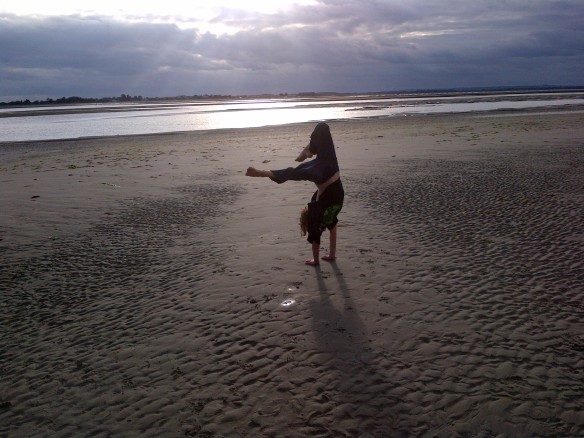The Guardian, Monday 7 July 2014
Seven years ago, the government ordered a review of the UK’s organ donation system. Figures showed that the rate of demand for organs was far outstripping supply, leading to hundreds of needless deaths every year. The Organ Donation Taskforce found that countries using a presumed consent, or “opt out”, system had far higher donation rates. The United Kingdom was not in the top 10. Tragically, nothing came of the review. Since then, 7,000 people – including children – have died. With recent advances in science have come increased potential, and demand, for transplantation. The gap is today greater than ever.
Despite laudable registration campaigns, the opt-in system can no longer be expected to fulfil its purpose. Organs are donated from just 1% of the numbers of deceased each year, while healthy organs from half a million people are cremated or buried. As a result, being on the transplant waiting list has become a game of Russian roulette. For example, if you’re waiting for a liver, there is a 20% chance that it won’t reach you in time. For heart patients, the figure is even higher. Children suffering kidney failure are having, in some instances, to wait for five perilous years.
In Wales, they are finally moving forwards. After a period of careful public consultation and debate, an awareness-raising programme is underway ahead of the implementation of a new “opt out” system next year. Those who object to organ donation can rest assured – as can their relatives – that their wishes will be respected under the new system.
For now, there are 7,000 people in the UK – many young children among them – waiting for a lifesaving transplant. While we wait for the rest of the country to catch up with the Welsh, we can at least ensure we are properly registered on the NHS’s donor database. For details, go to http://www.organdonation.nhs.uk.
Ed Goncalves
Director, KidneyKids UK
http://www.theguardian.com/society/2014/jul/07/need-donor-opt-out-system-urgently



